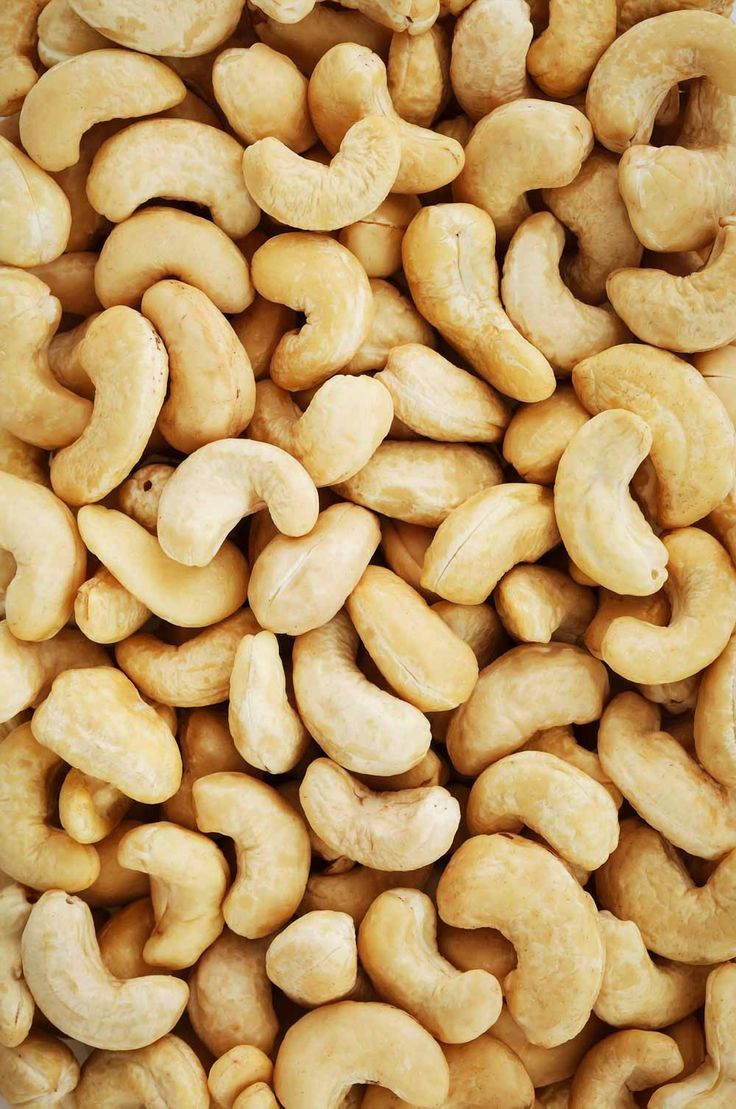Categories
The latest content
-

Customs Clearance & Import Regulations for Bulk Iranian Pinto Beans in EU, Middle East & Africa
..
-

Quality Control & Laboratory Testing Standards for Iranian Pinto Beans
..
-

Logistics & Shipping Solutions for Bulk Iranian Pinto Bean Exports
..
-

Minimum Order Quantity (MOQ) & Bulk Pricing for Iranian Pinto Bean Buyers
..

Tags
How to Choose the Right Cashew Kernel Grade for Your Market?

Choosing the right cashew kernel grade can be the difference between profit and loss in the global nut trade. With diverse grades like W180, W210, W240, W320, and broken cashews, each designed for a different purpose, understanding your target market’s needs is essential for success. Whether you’re supplying a luxury confectionery brand in Europe or a snack packaging company in the Middle East, selecting the right grade ensures consistency, quality, and customer satisfaction.
At Tamila Agrifood, we help international buyers source the perfect cashew grade that matches their specifications, price range, and end-use application. Let’s explore how to make the right choice.
1. Understanding Cashew Kernel Grading
Cashew kernels are graded primarily by size, color, and condition.
The “W” in W180 or W210 stands for “White Wholes”, referring to whole white kernels without blemishes. The number indicates the average number of kernels per pound — meaning the smaller the number, the larger the cashew.
Grade Description / Average Kernels per Pound / Market Position
W180 Extra-large white wholes (“King of Cashews”) / 170–180 /Premium
W210 Large whole kernels / 200–210 / High-end
W240 Popular mid-size kernels / 220–240 / Balanced value
W320 Most common export grade / 300–320 / Mass-market
W450 Smaller whole kernels / 400–450 / Budget-friendly
Scorched Wholes (SW) Slightly browned due to roasting / 180–450 / Industrial use
Broken Pieces (Splits, Butts, Small) / Fragments from processing / Food processing & bakery use
2. Match Cashew Grades to Your Market Segment
Each market has unique preferences based on consumer habits, product type, and price sensitivity. Here’s how different regions and industries use various cashew grades:
a. Premium Retail & Luxury Food Brands
• Preferred Grades: W180, W210
• Use: Packaged gourmet snacks, chocolate coatings, or luxury nut mixes.
• Target Markets: Europe, Japan, and the United States.
• Why: These buyers prioritize appearance, size, and uniformity.
b. Mid-Tier Consumer Markets
• Preferred Grades: W240, W320
• Use: Snack packaging, nut blends, roasted and salted nuts.
• Target Markets: Middle East, Eastern Europe, and North Africa.
• Why: These grades balance quality and cost, making them ideal for volume trade.
c. Industrial Food Manufacturers
• Preferred Grades: W450, Scorched, and Broken Kernels (LWP, SWP, BB).
• Use: Bakery fillings, confectionery pastes, and nut butter production.
• Target Markets: India, Southeast Asia, and Africa.
• Why: Appearance is less critical, while flavor and fat content matter most.
3. Factors to Consider When Choosing Your Cashew Grade
Selecting the right grade involves more than just size — it’s about aligning with your business model and product goals.
a. End-Use Application
If you’re supplying retail-ready cashews, go for whole white grades. For food processing, broken or scorched grades offer better value.
b. Price Sensitivity
Higher grades like W180 are costly. If your buyers are price-conscious, grades W320 or W450 offer good margins.
c. Shelf Life & Storage
Larger whole kernels are more stable during long shipments. Broken cashews, due to higher surface area, require better packaging and faster distribution.
d. Consumer Perception
In premium markets, visual quality sells. A bright, uniform W210 kernel can increase shelf appeal and justify higher retail prices.
4. Popular Cashew Grades in Major Global Markets
Region / Preferred Grades / Buying Pattern / Notes
Europe / W180, W210, W240 / Premium & organic focus / High hygiene & certification standards
Middle East / W240, W320 / Mass consumption / Prefers roasted & salted
Africa / W320, W450, Broken / Bulk imports / Used in bakeries & nut pastes
India / W320, Scorched, LWP / Industrial use / For snacks & processing
USA & Canada / W180, W210 / Premium retail / Preference for large, whole cashews
5. Certifications and Quality Standards
Modern importers demand verified compliance with global standards. Cashew kernels should meet certifications such as:
• ISO 22000: Food safety management
• HACCP: Hazard control during production
• Halal & Kosher: Religious compliance for diverse markets
• Organic Certification: For chemical-free, sustainably grown cashews
At Tamila Agrifood, our partner factories maintain full compliance with these certifications to guarantee safety, hygiene, and quality.
6. Packaging and Export Recommendations
Proper packaging plays a crucial role in maintaining freshness and preventing moisture absorption.
• Use vacuum-sealed multilayer bags (typically 11.34 kg each).
• Store in cool, dry environments (below 25°C).
• Avoid direct sunlight or high humidity.
• Ship in desiccant-lined containers for long-distance exports.
Efficient packaging not only extends shelf life but also reduces rejections at destination ports — a major advantage in competitive markets.
7. Tamila Agrifood’s Expertise in Cashew Export Solutions
As a trusted B2B supplier of premium nuts and agricultural products, Tamila Agrifood provides:
• Tailored cashew grades for each client’s market.
• End-to-end logistics coordination and documentation.
• Competitive bulk pricing and long-term supply contracts.
• Stringent quality inspections before shipment.
Our approach combines market intelligence, transparent pricing, and reliable supply — empowering importers to build strong brands and customer loyalty.
Conclusion
Choosing the right cashew kernel grade is an art that balances appearance, functionality, and market demand.
From W180 “King-size” kernels to cost-effective broken grades, every variant serves a purpose in the global food chain. The secret is understanding your buyer’s needs and matching them with the right product profile.
At Tamila Agrifood, we help you make that choice confidently, ensuring you get consistent quality, competitive prices, and timely delivery every time.
Email: tamilaagrifood@gmail.com
Phone / WhatsApp: +989141858935



